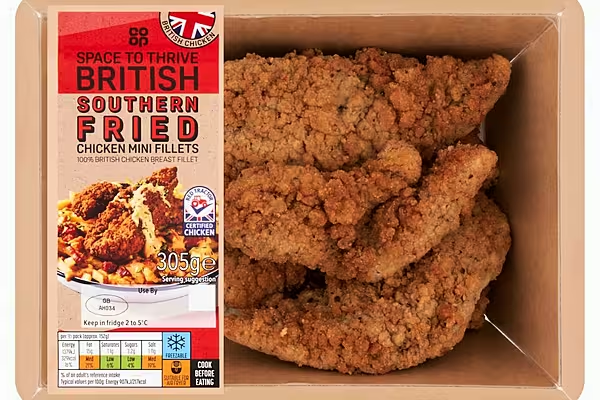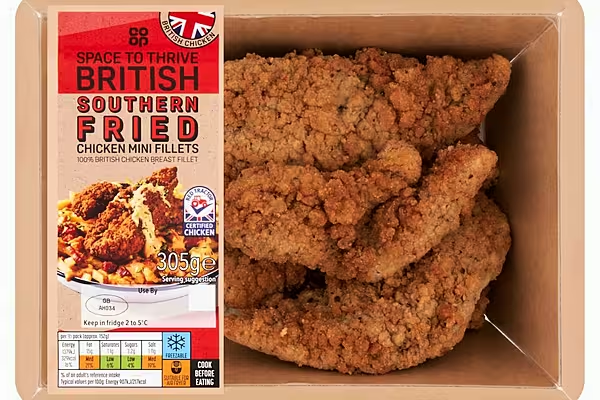Sainsbury's, the UK’s third-largest grocer, reported the first drop in same-store sales in more than nine years as the supermarket owner joined its main rivals in succumbing to a shift away from the big chains.
Sales at stores open at least a year fell 3.1%, excluding fuel, in the 10 weeks ended March 15, London-based Sainsbury said today in a statement. The medianestimate of 14 analysts in a Bloomberg News survey was for a 2.7% drop.
The decline comes amid the grocery market’s slowest growth since 2005, Chief Executive Officer Justin King said in the statement. Britain’s biggest grocery chains, including market leader Tesco Plc (TSCO) and Wal-Mart Stores Inc.’s Asda, are losing market share as more consumers switch to discounters Aldi and Lidl and the upscale Waitrose.
Those retailers have taken 3.5 percentage points of market share from competitors over the past three years, researcher Kantar Worldpanel said March 11.
“Today’s results show that even the darling of the grocery sector is no longer insulated from the discount threat,” Natalie Berg, global research director at Planet Retail in London, said by e-mail.
“There are more ways to shop than ever, but at the same time people are putting fewer items in their basket. This puts a huge amount of strain on retailers like Sainsbury’s. Top line growth is no longer a given.”
Sainsbury fell as much as 1.8 % in London trading. The stock was down 1.4% at 307 pence at 8:04 a.m., extending its decline this year to 16%.
Worsening Sales
Falling food inflation in particular is benefiting customers, CEO King said in today’s statement.
Commercial Director Mike Coupe, who succeeds King as CEO in July, faces the additional challenge of price cutting by his main competitors. Morrison last week said it will invest 1 billion pounds in lowering prices, following similar pledges by Tesco and Asda as the big chains tackle their budget rivals.
“It’s grim out there and Sainsbury doesn’t look immune,” Andrew Gwynn, an analyst at Exane BNP Paribas, said before the announcement. Same-store sales at the retailer will remain “subdued,” Gwynn said, adding that the company’s profit margin will come under pressure trying to compete with rivals.
With an operating margin of 3.5%, Sainsbury may have less room for maneuver on prices than Tesco, which has a UK margin of 5.2% and said last month it will spend an additional 200 million pounds a year making permanent cuts to prices on everyday items such as carrots and cucumbers.
Sainsbury was the only supermarket chain not to lose market share in the 12 weeks ended March 2, holding steady at 17%, according to Kantar. The addition of lines like the premium Taste the Difference range had helped the grocer record nine years of unbroken quarterly sales growth.
Bloomberg














